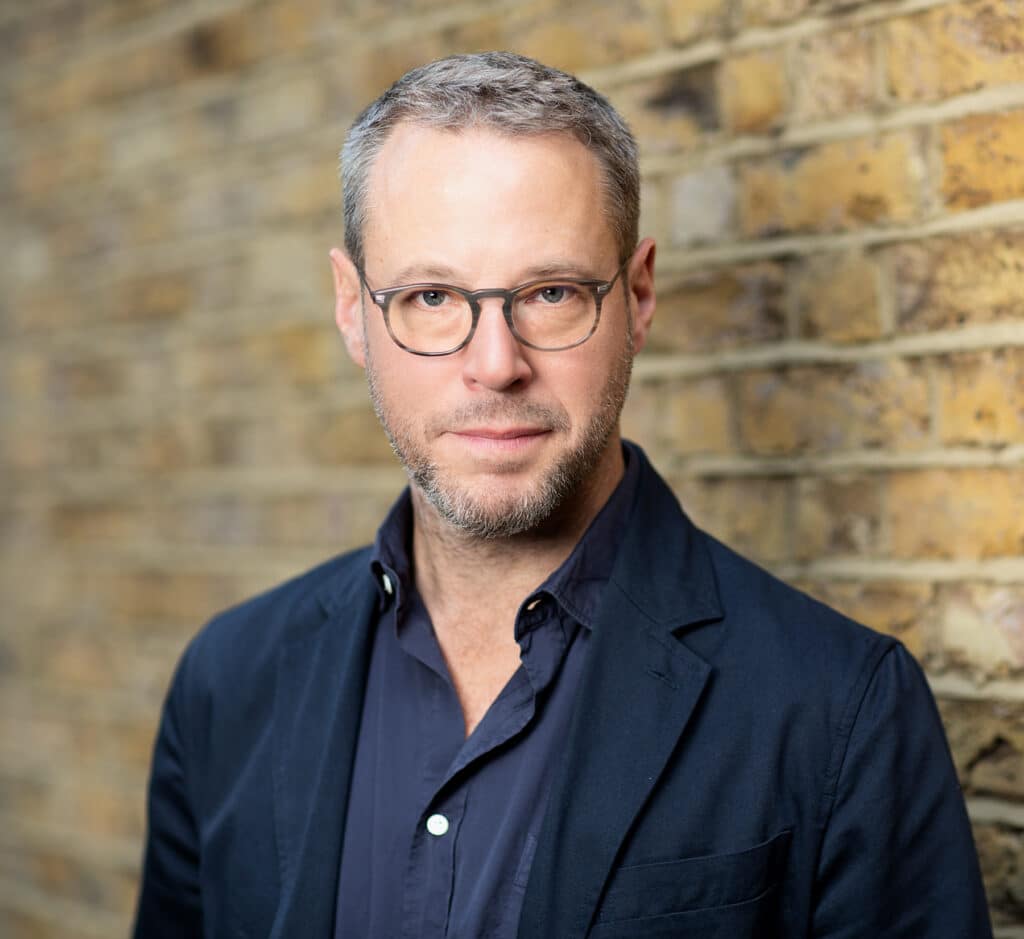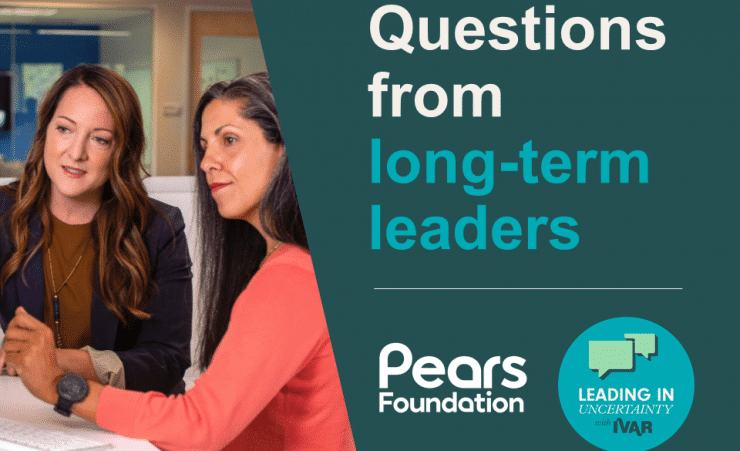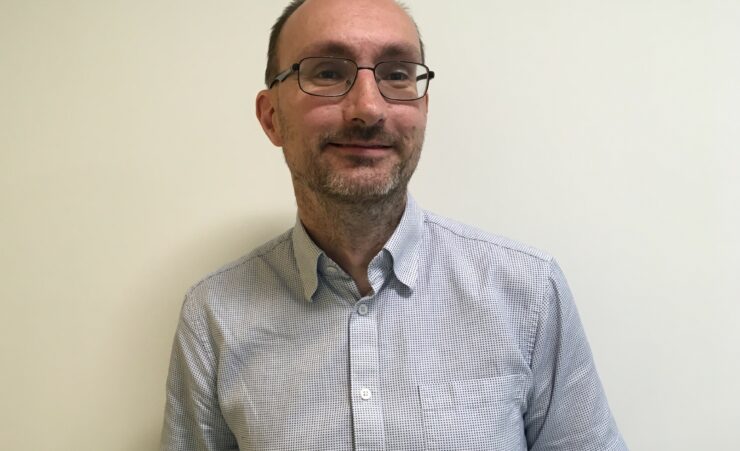
Reflecting our own sustainability plan
During the discussions about the renewal of our core funding in 2015, we were asked about our ‘sustainability plan’ – in other words, what was our plan to diversify income and ‘reduce reliance on core funding’. The assumption behind this encouragement/test was that organisations in receipt of core funding over an extended period could not be regarded as ‘sustainable’. At the same time, in my role as an independent member of Comic Relief’s UK Grants Committee, I was party to many conversations about organisational fragility, financial vulnerability, and the need for greater ‘sustainability’. And this worried me, because it seemed to be predicated on the idea that there was a magic fundraising wand that could be waved over struggling organisations; that there were reservoirs of untapped grants waiting to be drained by enterprising fundraisers.
Like many of the organisations that IVAR works with, we are a medium sized organisation – a registered charity employing seven staff, with an annual turnover of around 600k. Our income is made up of three main sources, one of which is unrestricted core funding – around 30% of our income. Our case for core funding is built around three arguments.
- First, it provides a level and duration of financial security which will ensure that the core team remain focused on being responsive and reflective, on being open and generous with IVAR’s resources, and on supporting the development and improvement of strategy and practice across sectors.
- Second, it helps to secure an independent research institute which will privilege the voice of the practitioner, respond to practical needs rather than policy imperatives, and articulate a narrative about the contribution and value of smaller voluntary organisations in ways that counter more prescriptive or restrictive agendas.
- Third, despite IVAR’s success in attracting work and delivering to a high quality, we continue to operate in a competitive environment, during a period of sustained uncertainty. Core funding helps to consolidate the further development of IVAR as a home for independent and progressive practice and reduces the risk that IVAR might be drawn into decision-making which is disproportionately influenced by the demands of income generation and profit margins.
In the 15 years since the establishment of IVAR (made possible with a grant for core funding from the Tudor Trust), we have received grants and contracts and commissions and donations from dozens and dozens of funding bodies. Despite this support and interest, I can count the number of (actual or potential) core funders on the fingers of one hand.
So, when I was confronted with the ‘sustainability test’, our response was to meet it head on. Our ‘sustainability plan’ did not envisage any reduction in core funding. Rather, it had core funding at the heart of it: core funding is central to our business model – our judgement is that the contribution that IVAR is trying to make requires the independence and freedoms that come with core funding. We don’t have any difficulty in busting a gut to earn that core funding; nor do we object to, periodically, having to justify it. But we do have a problem with being saddled with unrealistic expectations about income diversification and the sense that long-term core funding is, somehow, unhealthy and inappropriate. As we highlight in Part Five of Thinking about Sustainability:
‘It would also be very helpful if more funders were prepared to consider continuation funding as a mark of development and success rather than a sign of dependency: ‘As long as you are confident about the relationship and believe in the issues being tackled by the organisation, why would you stop funding?’ (Trevor Pears, Pears Foundation)
There are four simple questions which funders might ask themselves when considering continuation funding:-
Is the area of work still a funding priority for you?
- Is the organisation still doing a good job?
- Does the organisation still need your support?
- Is there another organisation which is demonstrably better and which might achieve more with your funding?
If the answers are Yes/Yes/Yes/No, then it would seem logical to offer continuation funding. Funders need to resist the tendency to prefer the new over the familiar just because it is new.
Building on our own experiences at IVAR, as well as the evidence from Thinking about Sustainability – not least, the illuminating insights from foundation leaders – voluntary organisations faced with the ‘sustainability test’ might use three arguments back to their funders as part of a conversation about how best to deliver responsive and effective services to their beneficiaries within an increasingly complex and uncertain environment
1. What is being ‘sustained’
A single definition of sustainability does not appear to be realistic, nor do we think it would be helpful. What matters most is that funders:
- are crystal clear about what they mean by “sustainability”
- design their approach to funding and engagement to support it
- communicate this unambiguously to applicants, particularly in grant application guidelines.
2. Fund core costs
The one golden rule which everybody can follow in funding smaller voluntary organisations is to fund core costs where this is the greatest funding need. At the very least, we would argue that funders should be willing to ask organisations what they most need, or signal a willingness to be flexible about how a grant is applied if circumstances change.
3. Fund long term
Long term challenges need long term funding, which is even more important when so many public funding streams are becoming more short term and unpredictable. It would make an enormous difference if more funders were prepared to offer longer term funding – whether agreed at the start or by taking a positive attitude to continuation funding, with clear guidance on when and how this might be achieved.


